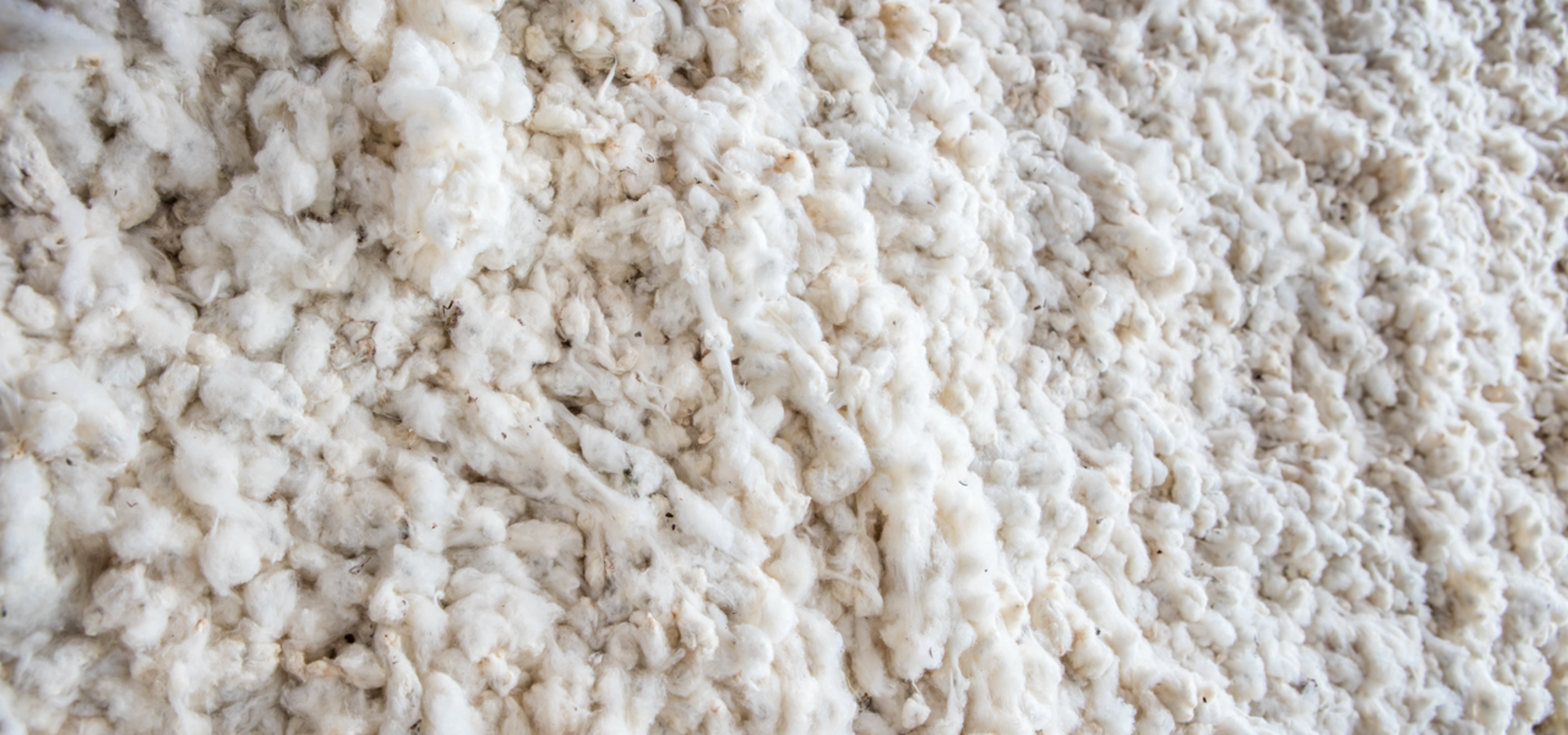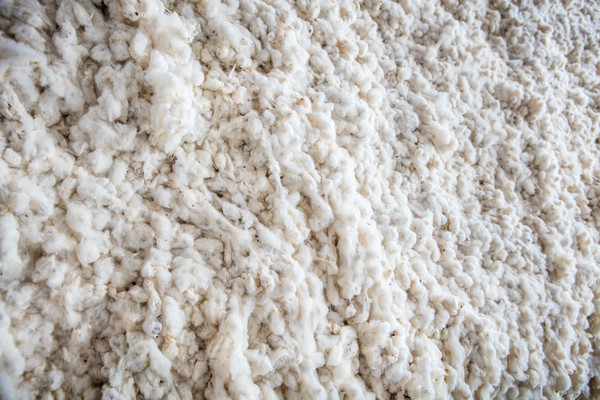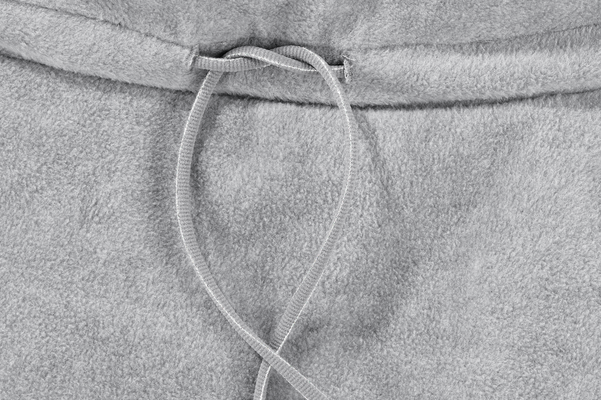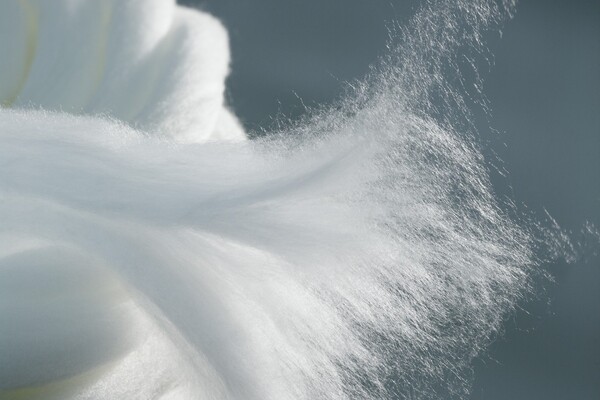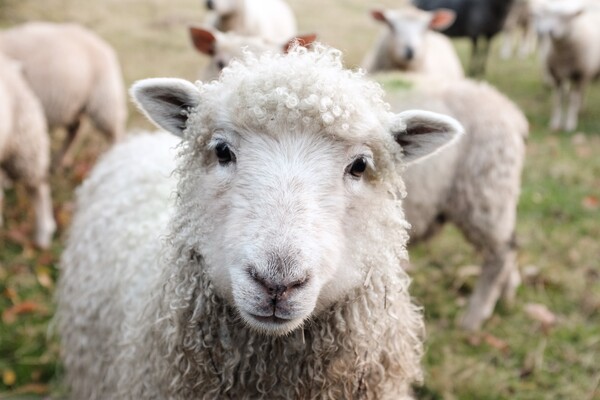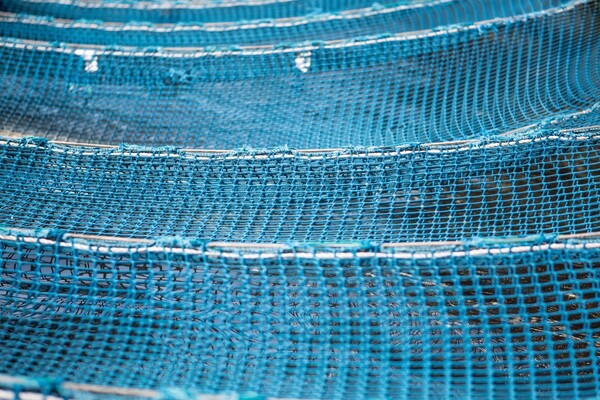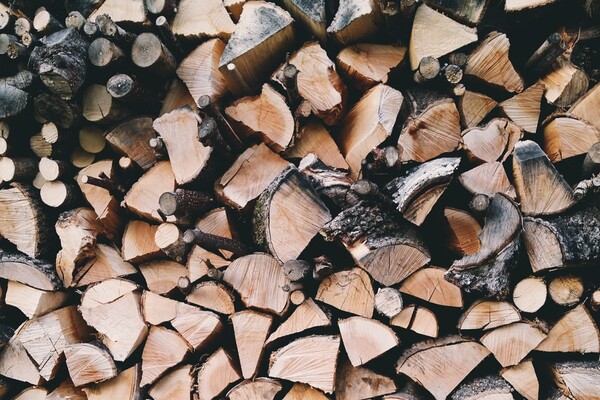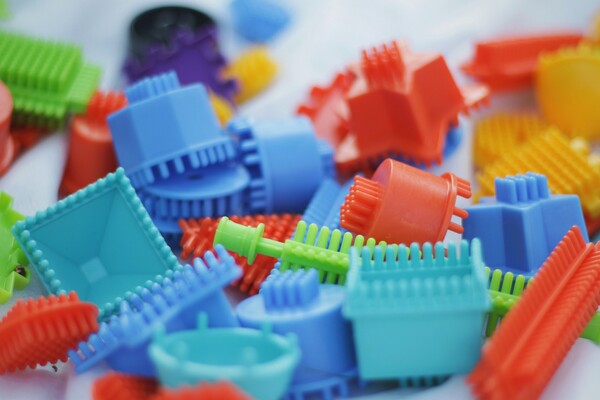When we are designing our products, functionality and quality are key. We want the product to be used for as long as possible. With many products, the key to success lies in choosing the right material.
Our internal sustainability guidelines for product design provide clear guidance on which materials are allowed and which are not, which sources we use and which we do not, which sustainability requirements we need to comply with and which new standards and materials we want to develop. These guidelines are based on an ever-growing body of knowledge about farming methods, supply chains, wages and working conditions. They are not a rigid set of rules but reflect ongoing developments, gradually moving towards greater sustainability. In this context, sustainability also means taking into account a company’s profitability within its competitive landscape.


The transition to a more sustainable product range
As we transition to a more sustainable product range, our initial focus is on the main elements of our products. These have the greatest impact.
In the second step, we look at the other materials used in the product.
Finally, in a third step, we look at the additional components, such as buttons and the like.
As we are developing our materials, we also work on making them more environmentally friendly to process. We do this, for example, by choosing more environmentally friendly waterproofing products such as ECOREPEL for our waterproof clothing. In doing so, we are gradually improving the environmental and social sustainability of our products. Alongside the choice and processing of materials, we are also currently looking at how we can make the design of our products as sustainable as possible.
Consistently developing our textile range – 70% of all our textile materials are already more sustainable.
Our goals
We use 100% sustainable cotton, cellulose fibers and animal fibers now and in the future:
Additionally, we are aiming for 50% sustainable synthetics by 2030.
100% of cotton will be from sustainable sources (2022)
100% of cashmere will be from responsible husbandry (2022)
100% of merino wool and down feathers will be from responsible husbandry (2022)
100% of cellulose-based fibres will be from sustainable wood (2025)
100% of wool will be from responsible husbandry (2025)
50% of Tchibo hard goods will be made from sustainable materials or have a durable design (2025)
50% sustainable synthetics (2030)
